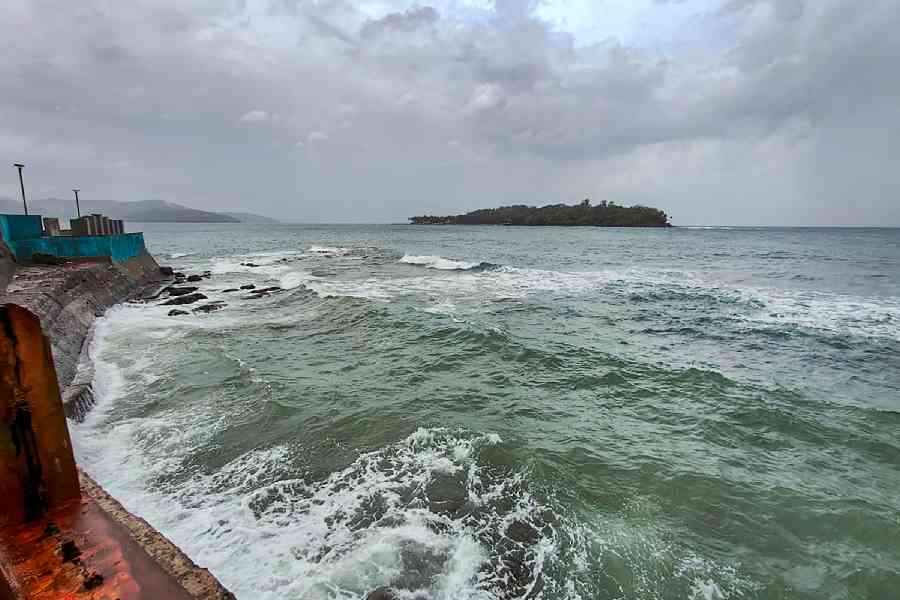Cyclone Mocha has made its landfall. Coincidentally, in one of its recent publications, the Reserve Bank of India stated that climate change and extreme weather events, such as cyclones, are increasingly adversely affecting economic growth and livelihoods. The number of such storms between 1961 to 2022 is higher than that which occurred during the six decades prior to 1961. This is consistent with predictions made by climate scientists. The RBI also found that in West Bengal, cyclones — Aila, Amphan, Fani, to name a few — led to great destruction, creating economic distress for the poor. Houses and commercial properties were damaged or destroyed, and livelihoods lost. This led to the incurring of additional expenditures on repairs, lowering spending on food, and an increase in debt burdens. It also prompted out-migration to seek new work as well as a change in the pattern of demand for support under the Mahatma Gandhi National Rural Employment Guarantee Act. Numerous businesses get interrupted. Disrupted supply chains and shrinking local markets add to business losses. The data confirm that EWEs generate large economic shocks, especially in rural areas.
A well-thought-out plan to prepare for such climate events must necessarily dwell on two distinct but interrelated aspects. First, there must be an easily available emergency credit line. Second, there must be grants available that can reach the poorest of the poor. Moreover, food availability should not be interrupted under any circumstances. But these efforts cannot be the responsibility of the financial sector alone. While financial institutions may make provisions for an emergency line of credit following natural calamities, the granting of relief must be provided by some fiscal mechanism that involves coordination among the federal, state and local governments. India has done remarkably well during the past three decades in disaster management — alerting and moving people, wherever possible, before an event like the arrival of a storm. The provision of material relief, such as food and shelter, after a natural calamity has also been common. But detailed financial preparedness is not included in such planning. The RBI’s observations about the impact arising out of such damages require greater comprehensive thought that integrates the financial with the non-financial aspects of relief. Above all, people from all over the country need to be sensitised about helping other citizens in distress-ridden geographies.











